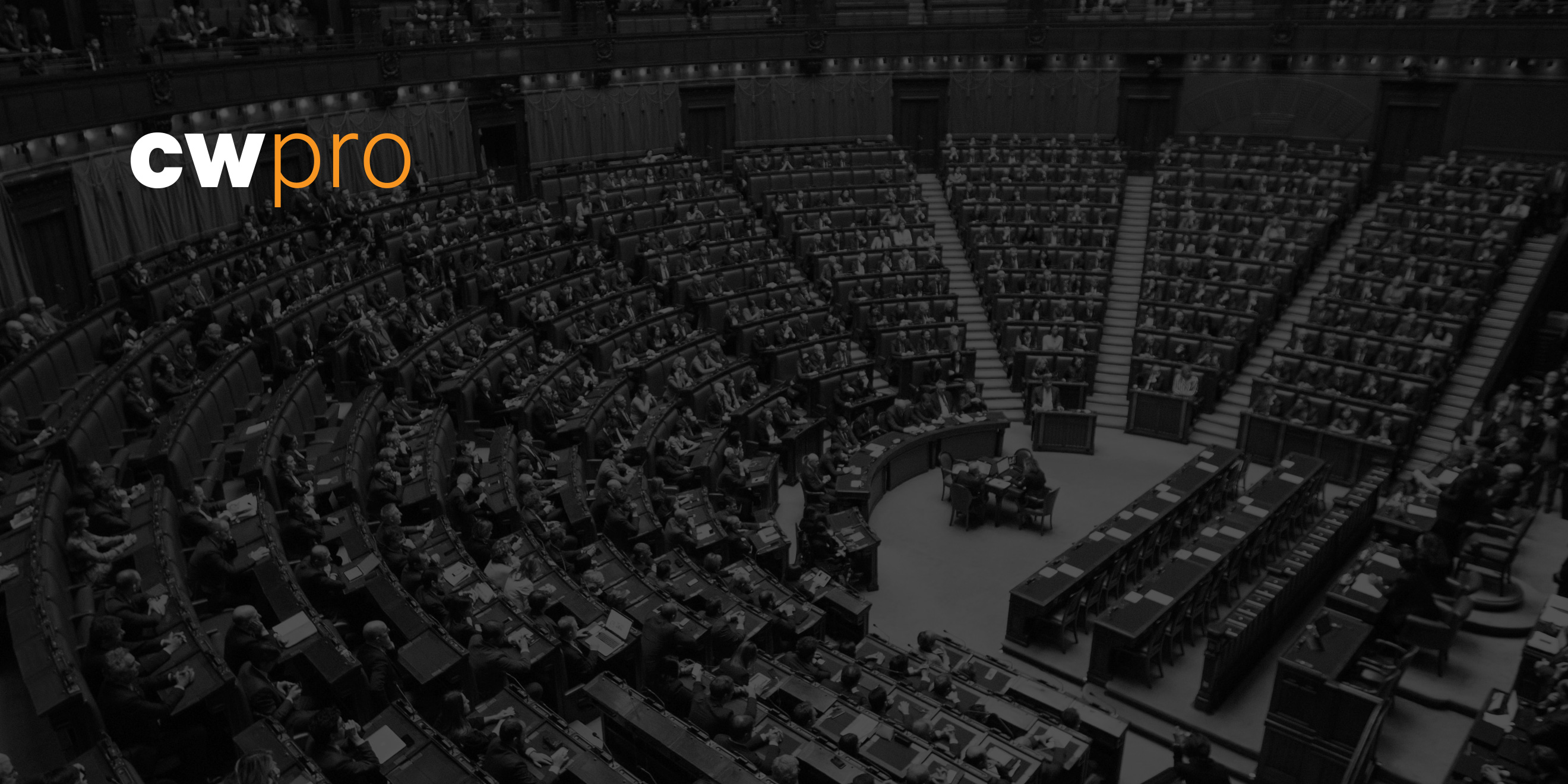At a glance.
- Japan outs Russian espionage operation.
- Huawei says it will manufacture 5G equipment in Europe.
- Facebook hopes that regulators will treat it as something between a telco and a newspaper.
- German government identifies its defense-related cybersecurity industry as a critical national asset.
Japan reports Russian "dark power" behind SoftBank hack.
The Nikkei Asian Review says that Tokyo's attribution of the SoftBank hack to "dark power" exercised by Russia's GRU is a preemptive measure intended to put Russia on notice that Japan won't take any cyber interference with the upcoming Tokyo Olympics lightly. "Dark power" is Nikkei's phrase to describe a third way between the hard power of military and economic coercion and the soft power of cultural attraction.
Huawei promises to bring manufacturing to Europe.
Xinhua says that Huawei intends its 5G products to be "made in Europe." This represents, the company representative to European institutions, Abraham Liu, Huawei's long-term commitment to Europe. Asked if this was an attempt to allay concerns about the security of Huawei's products, Liu said it would be a mistake to link the two issues. Huawei, Liu said, considers itself part of the European infrastructure, and that's why it will build 5G equipment in the continent.
The US has not retreated from its position that Huawei represents an unacceptable threat of Chinese espionage, a position that has, as the Independent notes, bipartisan support. Huawei continues to deny US allegations, most recently the charge that Huawei has retained full access to the lawful intercept interfaces in its products. Reuters reports that John Suffolk, a senior Huawei cybersecurity executive said Friday that “We have no access to this equipment, we don’t know what call or information is being intercepted, we don’t know when it is intercepted - all we do is provide one side of the box which is blind to what’s happening on the other side of the box."
China's Foreign Ministry responded to US warnings about Huawei with a tu quoque, reported by CNBC: the Americans are worse--just look at how they spied on German Chancellor Merkel's phone.
What's between a telco and a newspaper?
Facebook is, according to founder Mark Zuckerberg's presentation to the Munich Security Conference Saturday. Reuters reports that Mr. Zuckerberg thinks content ought to be regulated, and expressed the opinion that tech companies like his fall between two existing regulatory paradigms. “Right now there are two frameworks that I think people have for existing industries - there’s like newspapers and existing media, and then there’s the telco-type model, which is ‘the data just flows through you’, but you’re not going to hold a telco responsible if someone says something harmful on a phone line. I actually think where we should be is somewhere in between.” He touted Facebook's existing content moderation practices but offered few specifics on where governments might find that golden mean between publisher and phone company.
Berlin declares defense-related cyber industry a key national asset.
Under a new Federal strategy, Germany has declared its defense-related cyber industry a key national asset. The specific capabilities Berlin wants to isolate from competition and to buy in the single European market include, according to Fifth Domain:
- Artificial intelligence
- Electronic warfare
- Networked operations and cryptology
- Defense-related information and communications technology
